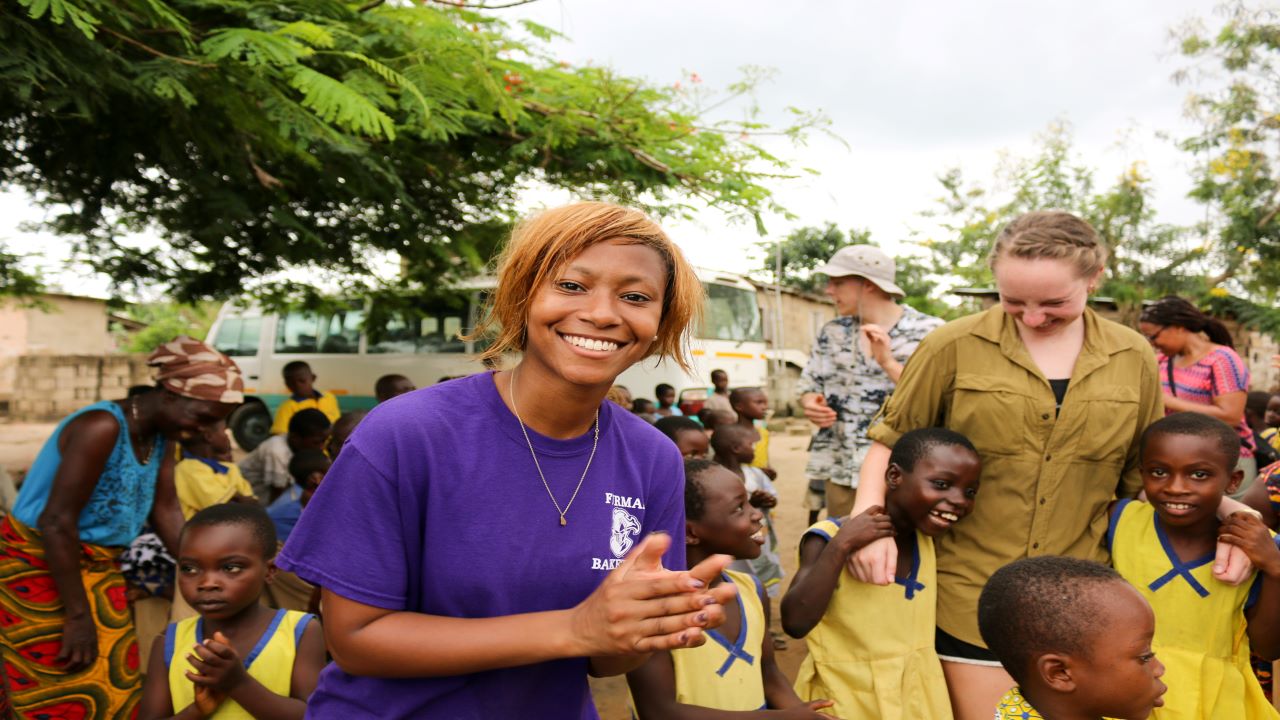Program Overview
Table of Contents
What is an Africana studies degree?https://www.furman.edu/academics/wp-admin/post.php?post=4520&action=edit#
An Africana studies degree draws on the social sciences and humanities to provide a complex, nuanced, culturally situated and shifting understanding of the meanings of “Black” and “African” identities and experiences; it pushes us to reexamine geographical boundaries and paradigms surrounding the production of knowledge about Africa and the African diaspora. Take your first steps by contacting admissions or reading more about how to apply.
Why study Africana studies at Furman?
Intentionally small classrooms give room to ask the hard questions, have honest discussions and, in the process, develop a healthy, and accurate perspective of the lived Black experience. From there, we can get to the causes of inequalities and differences that so often divide humans along racial lines. A multidisciplinary approach to Africana studies unravels the complex tangle of historical, political, cultural and economic factors that inform our understanding of Black, African and other persons of color. Plan a visit to Furman’s beautiful campus or start your application today.
How will you learn?
Sharpen your critical thinking, problem solving, and verbal and written communication skills with an Africana studies major. Global citizens are naturally drawn to the places and people for whom they are passionate. Travel to southern Africa to study the sociology of medicine, public health and global health. Every other year, some students take a full course load and travel throughout South Africa, Namibia and Botswana to add a new dimension to their understanding of health concerns and culture in the region.
Or choose a three-week, immersive May Experience, “Media and Culture in Ghana,” which explores topics such as the transatlantic slave trade, customs, traditions, gender roles, socio-economic development and media practices.
Unique to the major is the integration of the Furman University Gospel Ensemble (FUGE) as a critical element in understanding the cultural development of African descendants through music and other art forms.
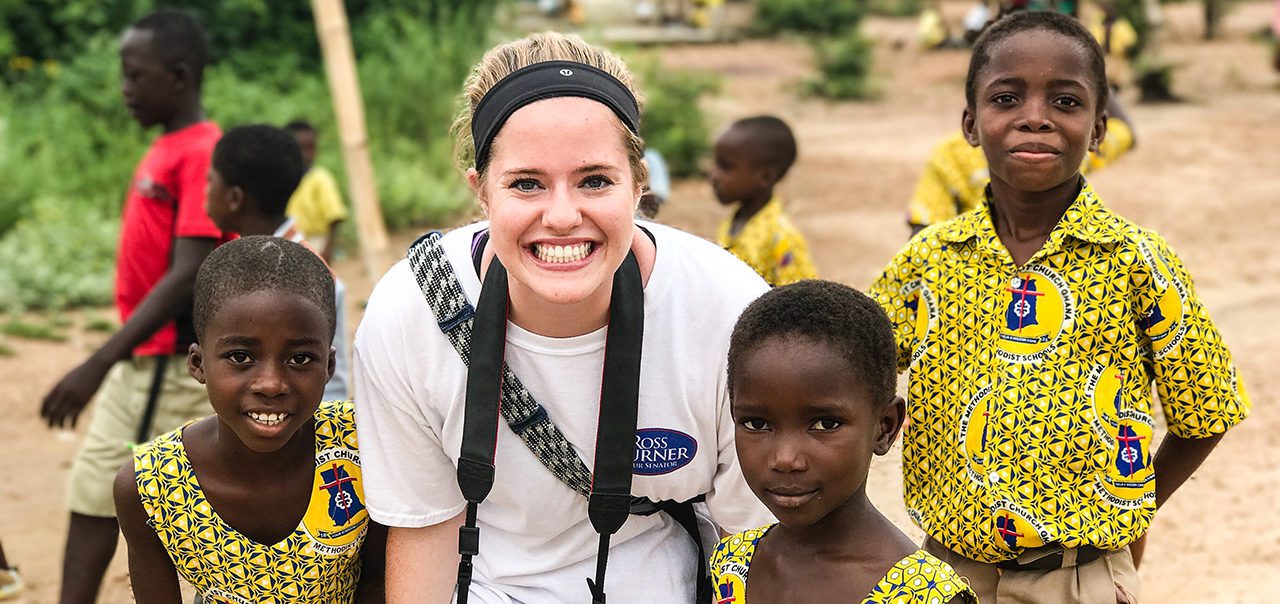

Careers for Africana studies majors
- Community developer
- Foreign service officer
- Historian
- Journalist/writer
- Media relations consultant
- Cultural heritage site consultant, museum curator/director
- News analyst
- Business manager
- Politician or civil service
- Social worker
- Nonprofit manager
- Secondary education teacher or higher education professor
- Ministry vocations
- Banker
- Insurance representative
- Human resources manager
- Publishing house staff member
- Wine and food industry expert
- Hospitality and tourism manager
- Retail sales and marketing professional, customer service representative
- Information technology or software development professional
- Medical or health care staffer
- Lawyer or paralegal
- Visual and performing arts and entertainment roles
- Non-teaching positions in higher education
Featured Africana studies courses
-
14Average class size
-
59%Furman students who study away
-
2021Year Africana studies became a major
What our students say
Our faculty
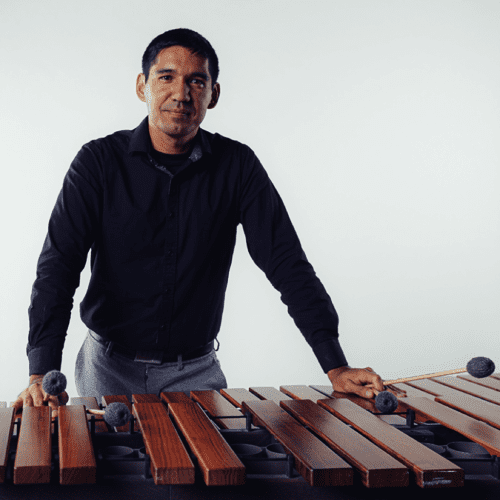
Omar Carmenates

Erik Ching
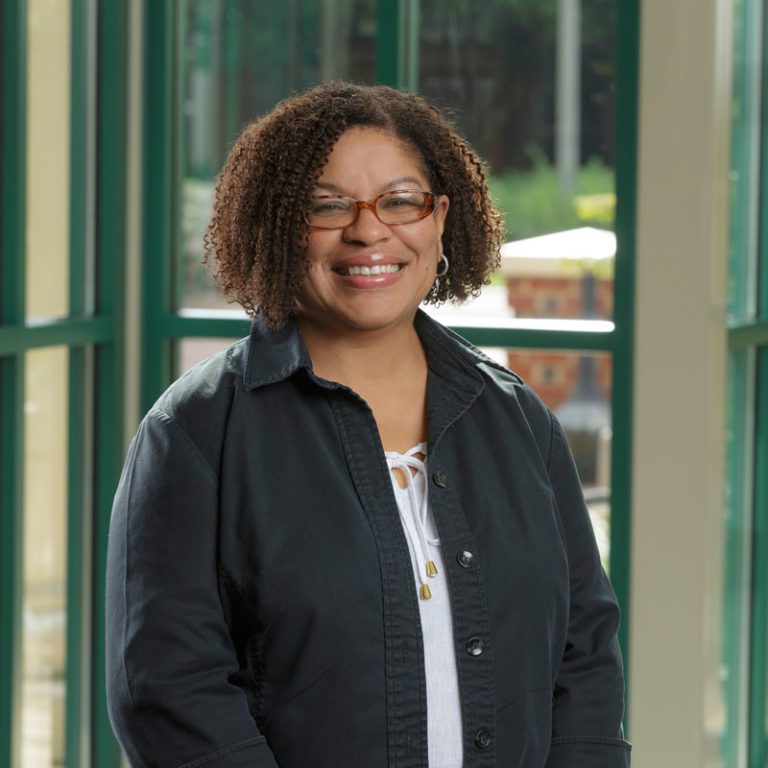
Teresa Nesbitt Cosby
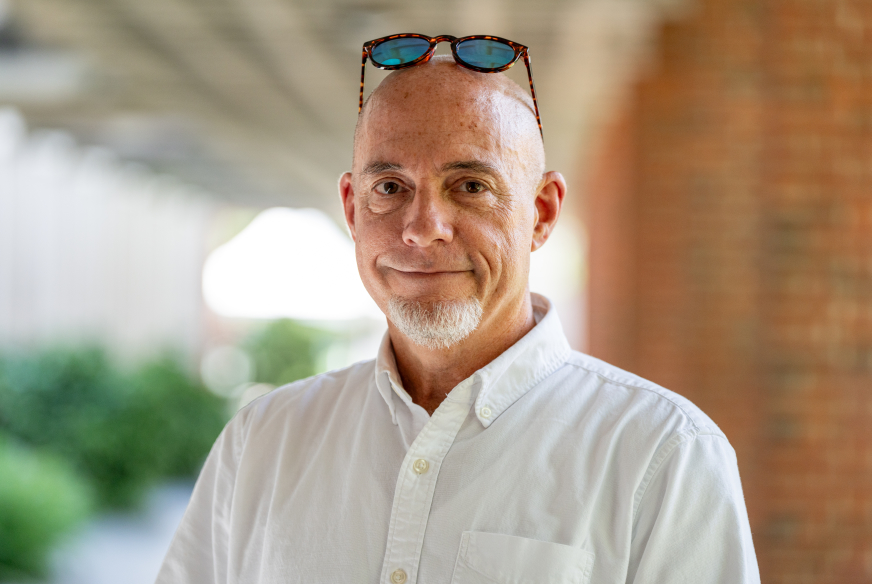
David Gandolfo

Glen Halva-Neubauer

Gregg Hecimovich
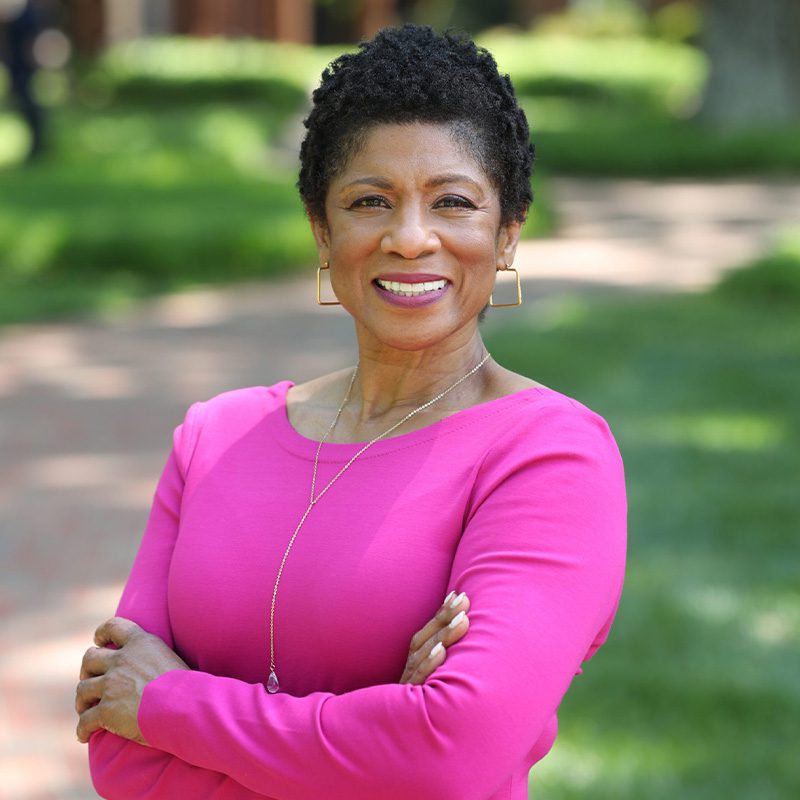
Cynthia King
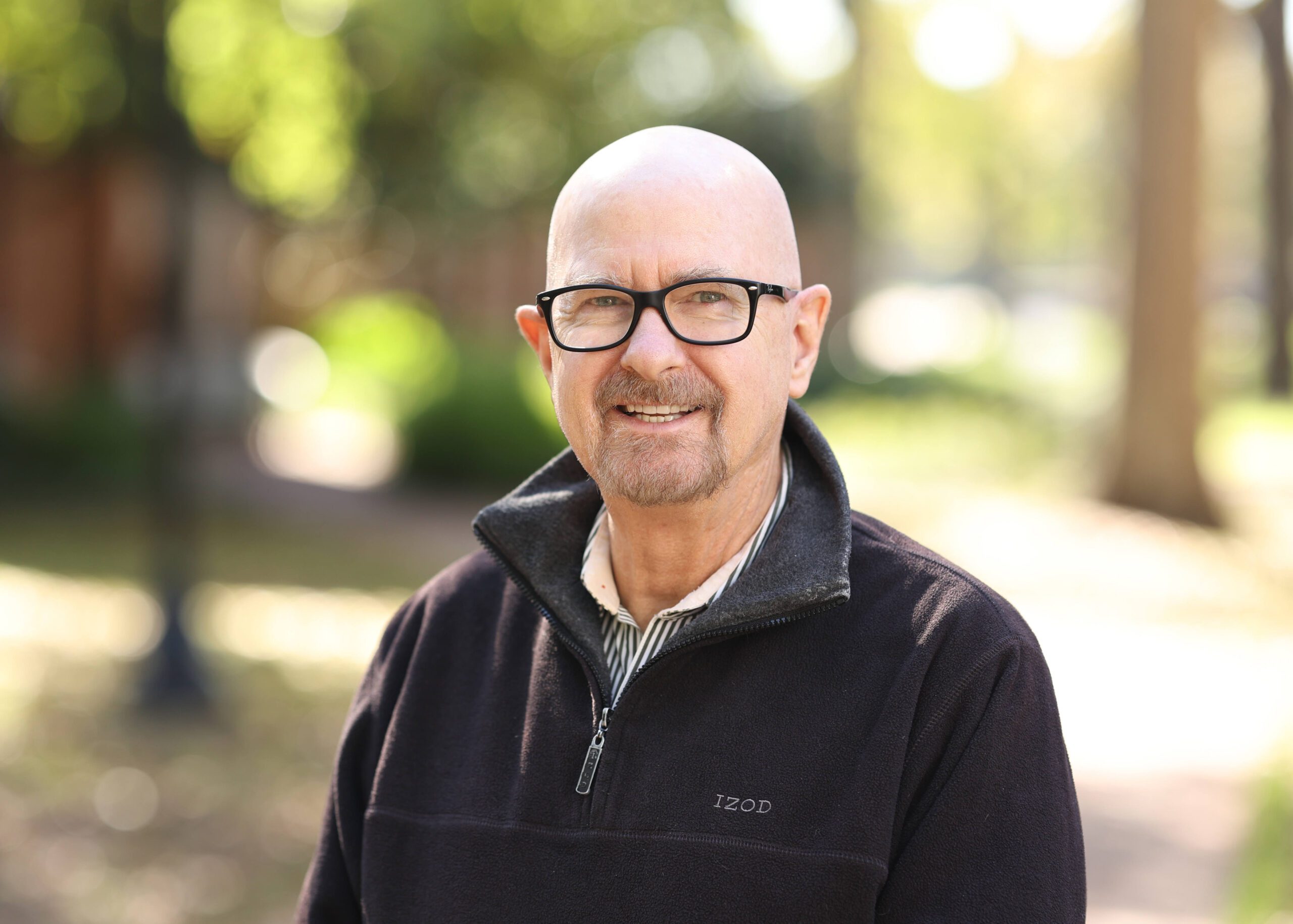
Nicholas Radel

Roger Sneed

Claire Whitlinger

Africana Studies Major F.A.Q.
The multidisciplinary nature of the Africana studies degree sets you up for a multitude of career paths. Some possibilities include working as a community development specialist, foreign service officer, historian, journalist, lawyer, media relations professional, cultural heritage site consultant, museum curator or director, news analyst, business manager, politics and government analyst, social worker, nonprofit manager, secondary education teacher or higher education professor. Others may pursue ministry vocations, work as a banker or sell insurance, serve as a human resources professional or find a career in the medicine, the wine and food industry, hospitality and tourism, retail, information technology, software or performing arts and entertainment.
The average annual salary for graduates of African American and African studies is $62,000, according to payscale.com.
The Africana studies B.A. at Furman is a four-year program.
